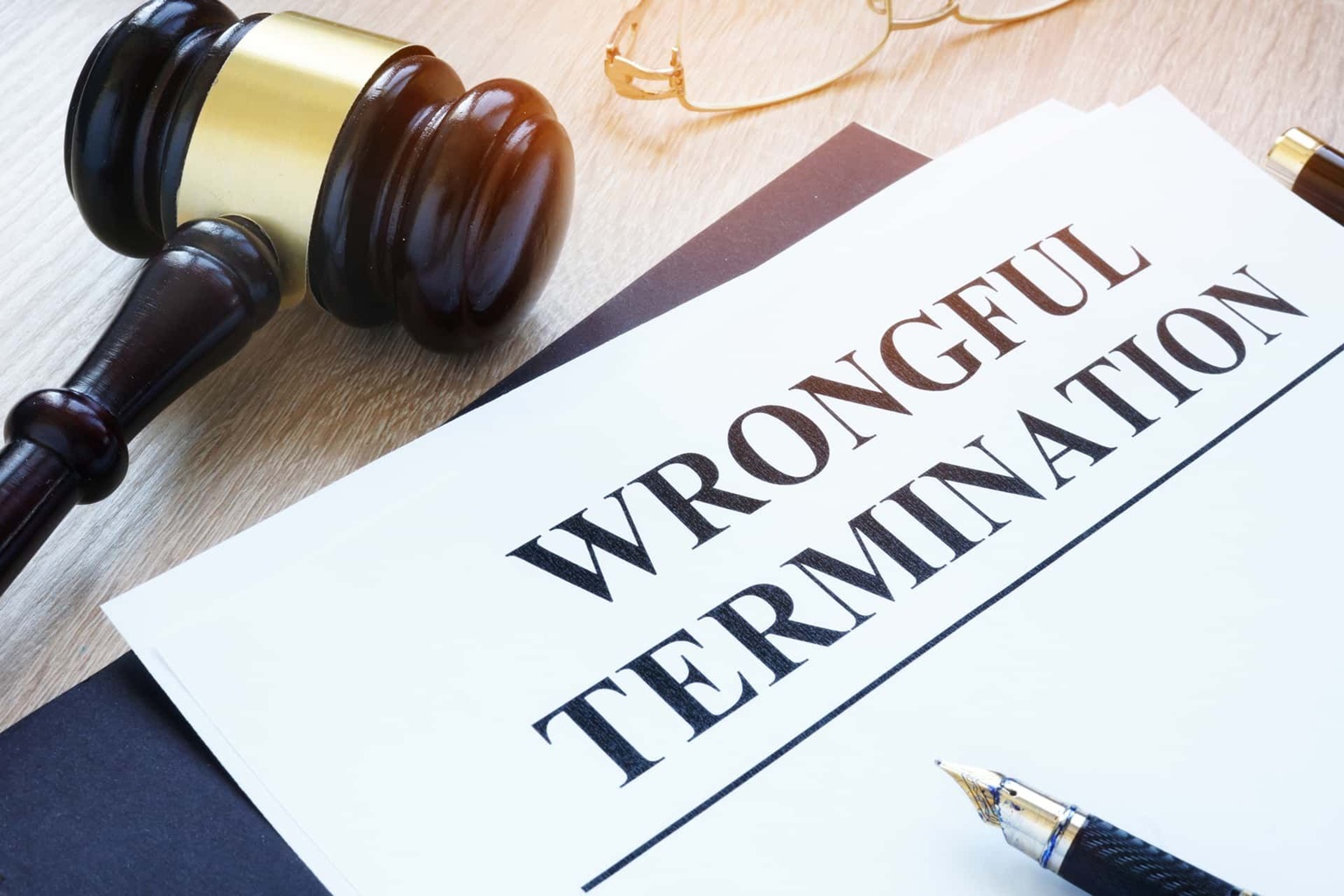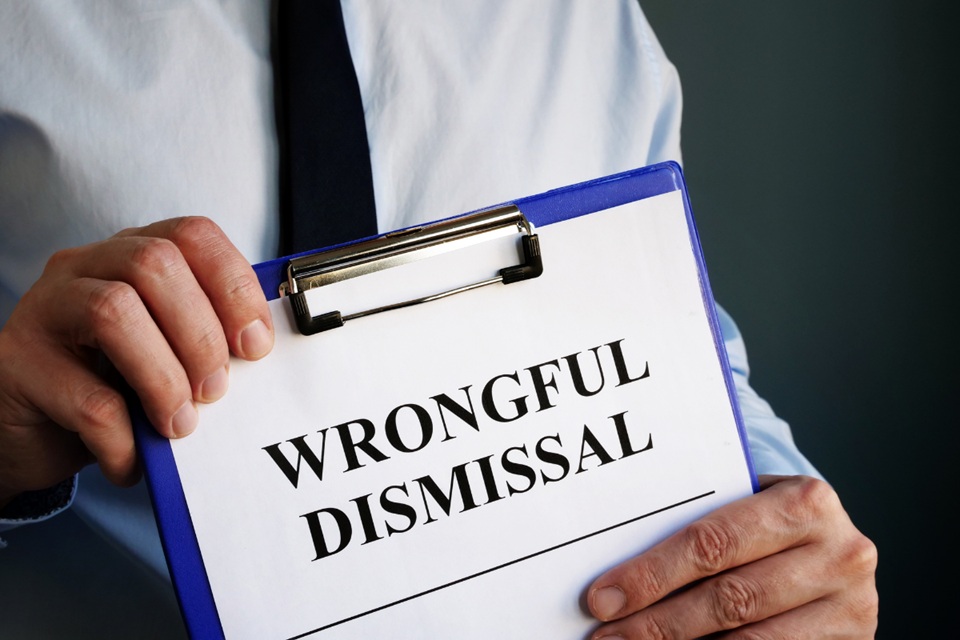
Losing your job is never easy, but the reason behind your termination can make a huge difference. Were you let go for just cause, or were your rights violated in the process? Wrongful termination isn’t just a buzzword—it’s a serious issue that affects thousands of employees every year. Knowing how to identify and respond to it can save you from being wronged twice.
Understanding the Concept of Wrongful Termination
Wrongful termination occurs when an employee is fired in violation of legal rights or contractual agreements. While employers generally have the right to terminate employment, especially in “at-will” states, that power isn’t unlimited. Being let go based on discrimination, retaliation, or a breach of contract crosses the legal line.
Not every unfair or surprising firing qualifies as wrongful, though. The key lies in whether it violates federal, state, or contractual protections.
The Legal Triggers That Define Wrongful Termination
Several core reasons can qualify a termination as wrongful:
- Discrimination: Firing someone based on race, religion, gender identity, age, disability, or national origin breaches both federal and state employment laws. Even implied bias can hold weight in court.
- Retaliation: If you were fired after reporting harassment, unsafe work conditions, or illegal activity, you may have been retaliated against—a clear violation.
- Contract Breach: Signed agreements matter. If your employment contract guarantees certain conditions or protections and your termination goes against them, that’s a strong foundation for legal action.
- Forced Resignation: Known as constructive dismissal, this happens when the work environment becomes so intolerable that resignation feels like the only choice. Employers can be held accountable if they intentionally made your job unbearable.
What About the Gray Zones?
Sometimes, you may feel your termination was unjust, but the law may not agree. If you’re working in an “at-will” employment state, your employer can dismiss you without cause. However, that doesn’t give them carte blanche to act unethically or unlawfully. A toxic workplace, favoritism, or mismanagement might not meet legal standards but still warrant internal reporting or career re-evaluation.
Steps to Take If You Suspect Wrongful Termination
Act quickly and decisively. Here’s how to navigate the storm:
- Document Everything: Save emails, texts, and notes from meetings. Create a timeline of events.
- Report Internally First: If your company has an HR department, file a formal complaint. This shows you tried to resolve things internally.
- Get Legal Advice: Speak with a labor or employment attorney. Most offer free consultations and can quickly tell you if your case is viable.
- File with Relevant Agencies: In the U.S., the Equal Employment Opportunity Commission (EEOC) is the go-to agency for discrimination and retaliation cases.
Exploring Your Legal Options

If you have a solid case, you can pursue one of several legal routes:
- Lawsuit: Often lengthy but may result in significant compensation.
- Mediation: A more collaborative process that might lead to faster settlements.
- Arbitration: Common if your employment contract includes an arbitration clause.
Outcomes can vary, but you may be eligible for back pay, emotional distress damages, or reinstatement.
What Employers Use to Justify Terminations
It’s important to know what you’re up against. Companies often prepare defenses in advance, citing poor performance, policy violations, or restructuring as reasons. The more documentation you have that contradicts those claims, the stronger your case becomes.
Stay Proactive—Even When You’re Still Employed
Protect yourself before a problem starts:
- Regularly save performance reviews and positive feedback.
- Understand your contract and rights under labor laws.
- Speak up respectfully if something feels wrong, but always document the interaction.
Moving On: From Fired to Free
Yes, being fired stings. But sometimes, it opens a door you didn’t know you needed. While pursuing justice, don’t forget to focus on your recovery. Prioritize mental health, rebuild your finances, and start planning your next professional move. This may be your chance to pivot into something even better.
Final Thought
Wrongful termination isn’t just about job loss—it’s about preserving dignity and holding employers accountable. If you’ve been treated unfairly, know that the law may be on your side. The sooner you act, the more control you reclaim over your career and future.






